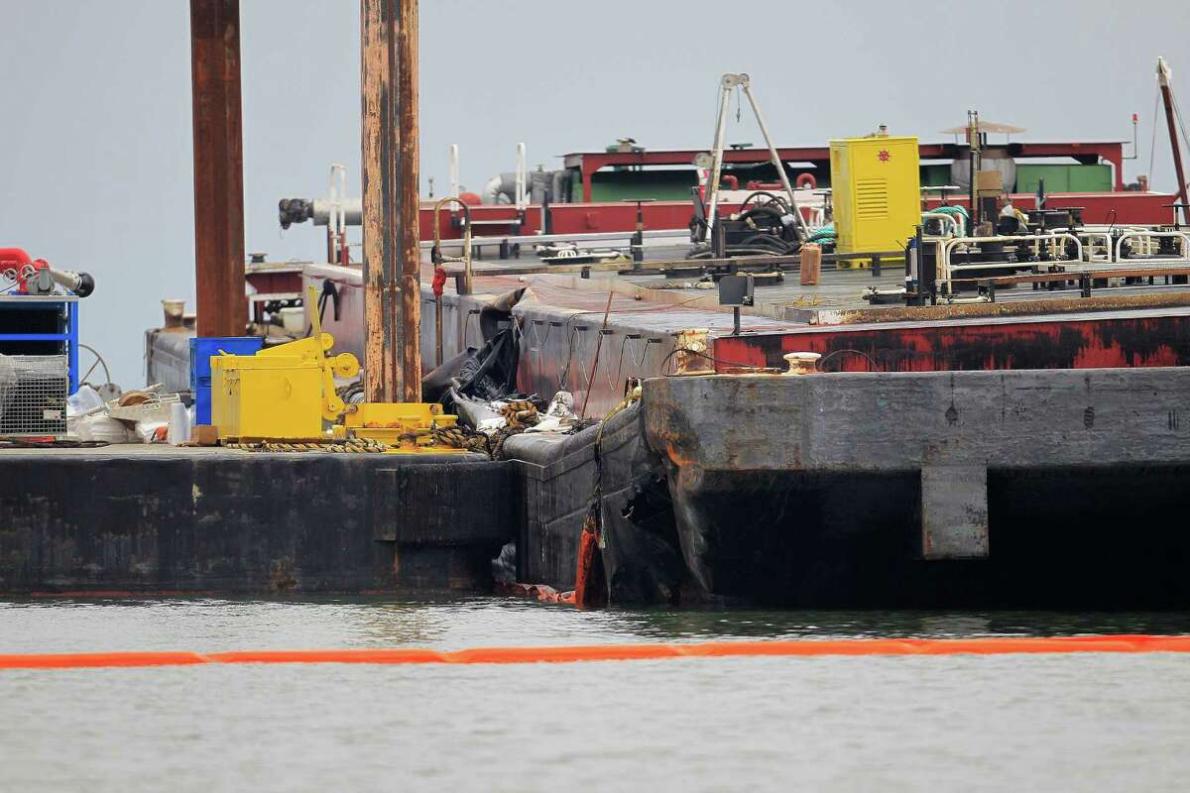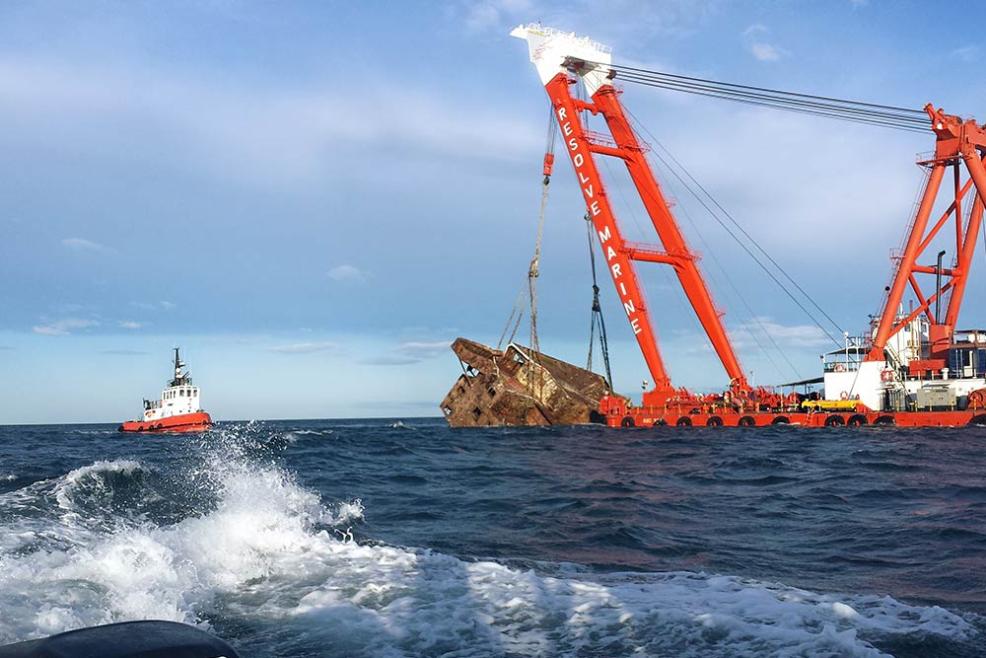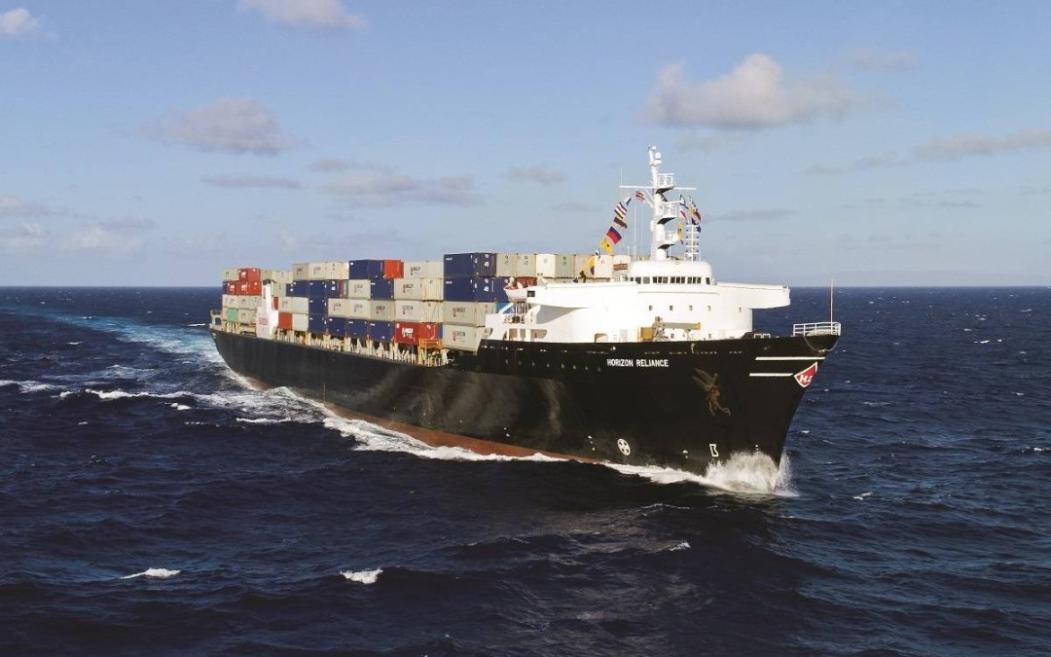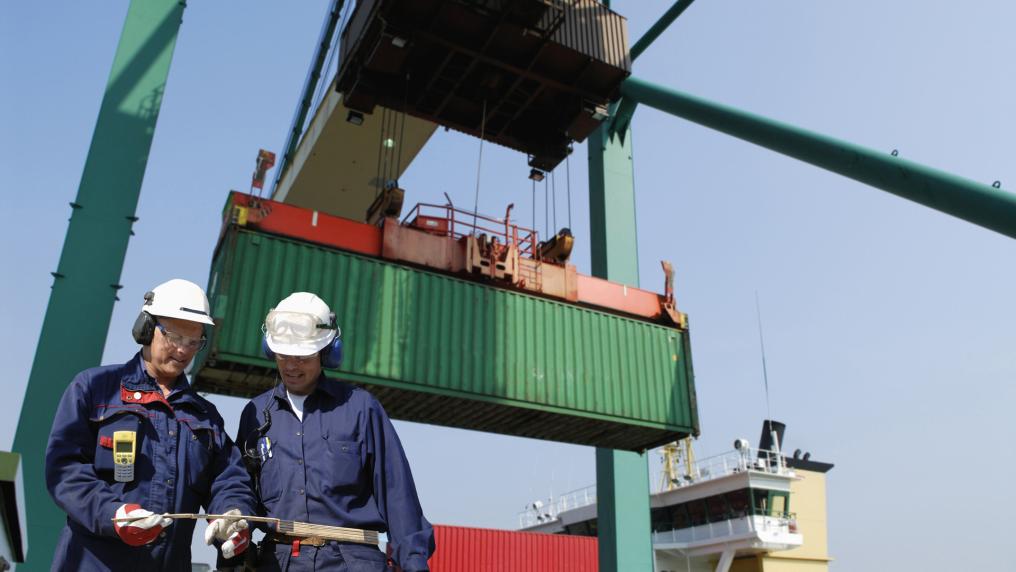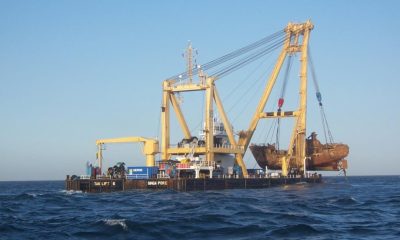Follow Us @
How can I protect myself from offshore accidents?
– latest Accident lawyer updates, insurance updates and latest opened opportunities.
admiralty law
Maritime operations are vital to the global energy supply, but they also present unique security risks. Workers in maritime environments face hazards such as mechanical failures, structural damage, fires and explosions, environmental hazards and human error. To protect themselves, individuals working in maritime operations must take proactive steps to mitigate these risks.
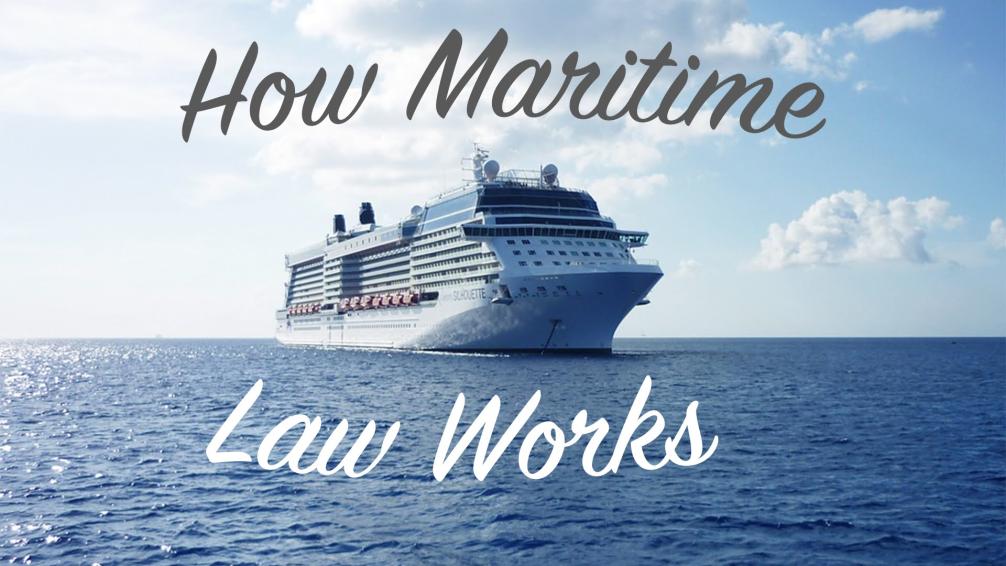
Understanding Maritime Hazards:
- Mechanical failures: Maritime operations involve complex machinery and equipment, which can malfunction or fail due to various factors, such as wear and tear, inadequate maintenance or human error.
- Structural damage: Marine structures such as platforms and probes can be damaged by extreme weather conditions, collisions or corrosion, leading to potential safety risks.
- Fire and explosions: The presence of flammable materials and high pressure systems in marine environments increases the risk of fire and explosions. These incidents can result in serious injuries, deaths and environmental damage.
- Environmental hazards: Maritime workers are exposed to adverse weather conditions, including strong winds, high waves and extreme temperatures. Additionally, they may encounter natural hazards such as lightning or earthquakes.
- Human error: Human error is a significant factor contributing to maritime accidents. Factors such as fatigue, stress, inadequate training or poor decision-making can lead to accidents and injuries.
Safety Regulations and Compliance:
Regulatory bodies play a crucial role in establishing safety standards and guidelines for maritime operations. These regulations aim to minimize risks and protect the health and safety of workers. Compliance with these regulations is essential to ensuring a safe work environment.
- International Maritime Organization (IMO): IMO sets international standards for the safety of ships and maritime structures, including guidelines for emergency preparedness and response.
- Occupational Safety and Health Administration (OSHA): OSHA regulates workplace safety in the United States, including offshore oil and gas operations. OSHA standards address issues such as personal protective equipment (PPE), safe work practices, and emergency preparedness.
- American Petroleum Institute (API): The API develops industry standards and guidelines for marine operations, including recommendations for equipment design, maintenance and inspection.
Personal Protective Equipment (PPE):
Wearing appropriate PPE is crucial to minimizing the risk of injury in marine environments. PPE helps protect workers from potential hazards such as falling objects, dangerous chemicals and electrical shock.
- Safety Helmets: Hard hats protect workers from head injuries caused by falling objects or collisions with hard surfaces.
- Safety glasses: Safety glasses protect your eyes from flying particles, splashes and harmful radiation.
- Protective clothing: Coveralls, gloves and boots made from flame- and chemical-resistant materials protect workers from fire, chemicals and other hazards.
- Respirators: Respirators are used to protect workers from inhaling dangerous gases, vapors and dust.
- Life jackets: Life jackets provide buoyancy and help keep workers afloat in case of emergencies.
Safe Work Practices:
Following safe work practices is essential to prevent accidents and injuries in marine operations.
- Proper training and certification: Workers must receive comprehensive training and certification specific to their roles and responsibilities. This training should cover topics such as safety procedures, emergency response, and use of PPE.
- Risk assessment and hazard identification: Before beginning any task, workers must conduct a thorough risk assessment to identify potential hazards and implement appropriate control measures.
- Regular maintenance and inspection of equipment: Regular maintenance and inspection of equipment is crucial to preventing mechanical failures and ensuring safe machine operation.
- Effective communication and coordination: Clear communication and effective coordination between team members are essential for safe operations. Workers must use standardized procedures and communication protocols to ensure everyone is aware of their roles and responsibilities.
- Emergency preparedness and response plans: Maritime operations must have comprehensive emergency preparedness and response plans in place. These plans must describe procedures for responding to various emergencies, including fire, explosions, and medical emergencies.
Health and wellness:
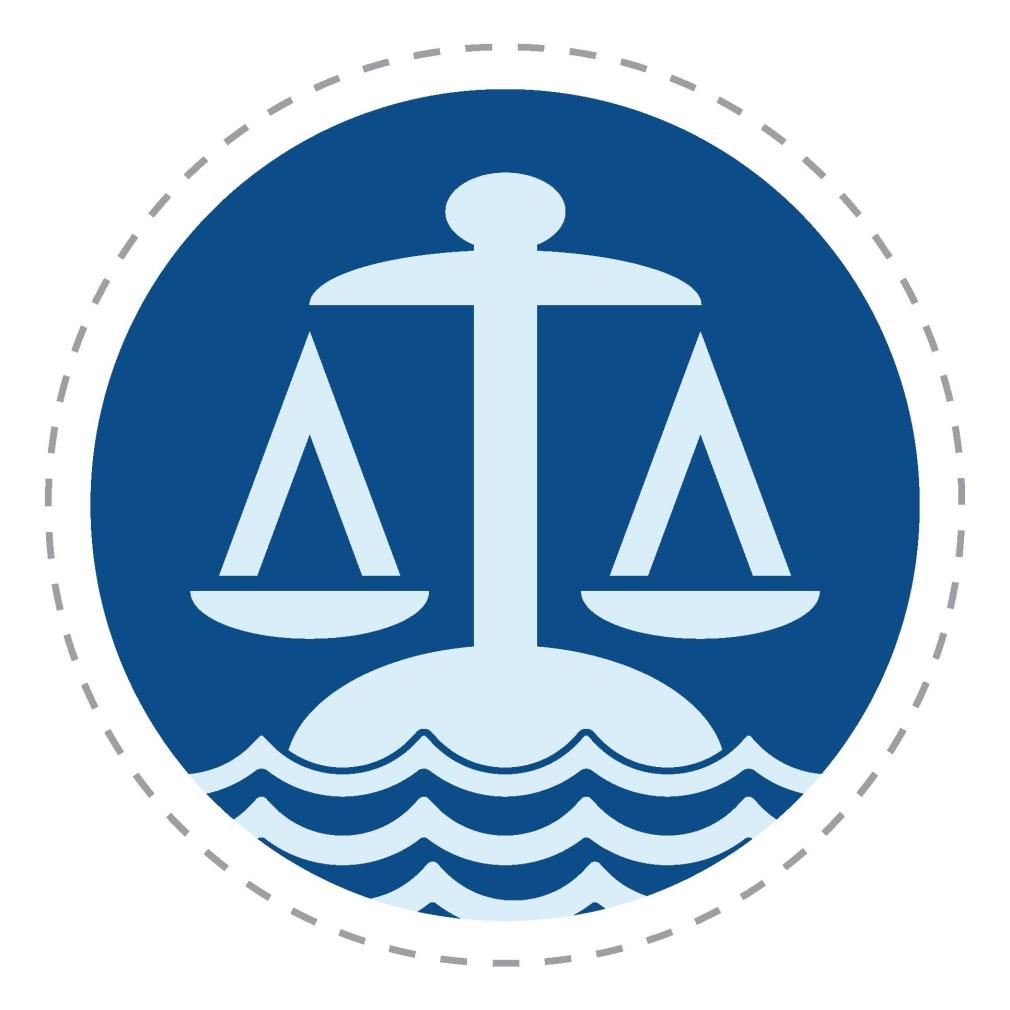
Maintaining physical and mental well-being is crucial to increasing safety in maritime environments.
- Physical health: Maritime workers should prioritize their physical health by eating a healthy diet, getting adequate sleep and exercising regularly.
- Mental health: Offshore work can be demanding and stressful. Workers should prioritize their mental health by managing stress, seeking support from colleagues and family, and utilizing available mental health resources.
- Substance abuse: Substance abuse can impair judgment and increase the risk of accidents. Maritime workers must avoid the use of alcohol and drugs while on duty.
Emergency Preparedness and Response:
Emergency preparedness and response are critical aspects of offshore safety.
- Emergency simulations: Regular emergency drills help workers become familiar with emergency procedures and improve their response capabilities.
- Emergency Response Teams: Maritime operations must have dedicated emergency response teams trained to deal with various emergencies, including fire, explosions and medical emergencies.
- Communication and coordination: During an emergency, clear communication and effective coordination among team members are essential for a successful response.

Maritime operations present unique safety challenges, but proactive measures can be taken to protect individuals from accidents. By understanding maritime hazards, complying with safety regulations, using appropriate PPE, following safe work practices, prioritizing health and well-being, and implementing emergency preparedness and response plans, workers can significantly reduce the risk of accidents and injuries in marine environments.
How can I protect myself from offshore accidents?
Follow AFRILATEST on Google News and receive alerts for the main trending sports news today, Basket ball updates, Soccer series, entertainment and lots more! How can I protect myself from offshore accidents?
SHARE POST AND EARN REWARDS:
Join our Audience reward campaign and make money reading articles, shares, likes and comment >> Join reward Program
FIRST TIME REACTIONS:
Be the first to leave us a comment – How can I protect myself from offshore accidents?
, down the comment section. click allow to follow this topic and get firsthand daily updates.
JOIN US ON OUR SOCIAL MEDIA: << FACEBOOK >> | << WHATSAPP >> | << TELEGRAM >> | << TWITTER >
How can I protect myself from offshore accidents?
#protect #offshore #accidents
-

 Fashion3 months ago
Fashion3 months agoVogue Arabia cover welcomes Salma Hayek in an interview with Penélope Cruz
-

 Football3 months ago
Football3 months agoVAR points out Diego Costa's offense against the fourth referee
-

 USA today entertainment3 months ago
USA today entertainment3 months agoBeyonce with the single “Break My Soul” leads on Spotify Brazil
-

 Health and Fitness3 months ago
Health and Fitness3 months agoVaccine against the reappearance of skin cancer enters final testing phase
-

 USA today entertainment3 months ago
USA today entertainment3 months agoSZA, Future and DJ Khaled come together in collaboration
-

 News3 months ago
News3 months agoParents of former player Waleswska are pressured by widower to pay rent for the house where they live
-

 USA today entertainment3 months ago
USA today entertainment3 months agoLarissa Luz and Linn da Quebrada enchant at the Multishow Awards with a tribute to Elza Soares.
-

 Good News TV series3 months ago
Good News TV series3 months agoThe shocking reason behind the decision not to show dead characters in The Last Of Us episode revealed














